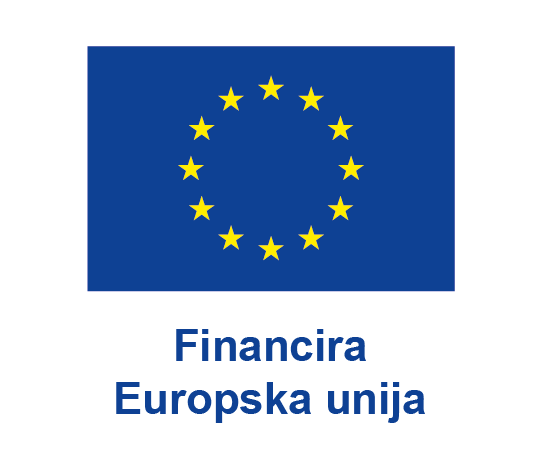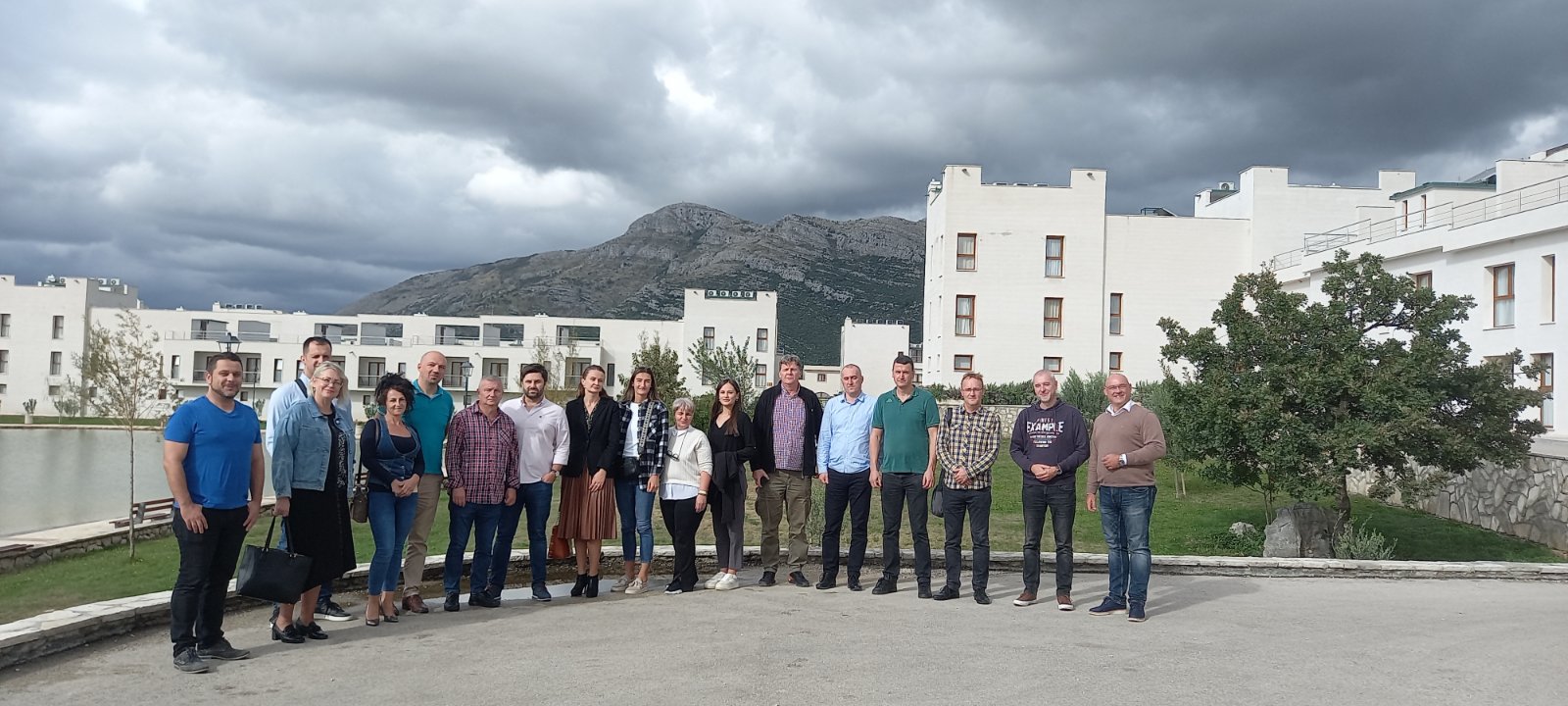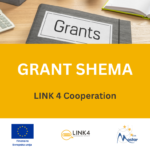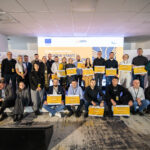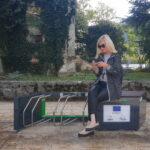“COOPERATION OF LOCAL AUTHORITIES AND CIVIL SOCIETY” TRAINING FOR THE REPRESENTATIVES OF 12 LOCAL GOVERNMENT HELD IN TREBINJE
As a part of the project “Strengthening local participation and cooperation through partnership of Public Authorities and CSOs in Bosnia and Herzegovina – LINK 4 Cooperation”, funded by the European Union, a four-day training for representatives of local governments from Bosnia and Herzegovina was completed in Trebinje.
The education was organized in the period from October 24-27, 2023, and its goal was, to educate representatives of local governments on participatory processes, which include, the active participation of citizens and CSOs in decision-making processes at the local level.
Branka Janko, director of the Development Agency Žepče (RAŽ)
“Congratulations to the organizer of the training and the selection of topics that were discussed. The focus on local governments and their way of communicating with the non-governmental sector, i.e. seeing how this communication should be, was needed earlier, but through this project and education, it was affected at the right time. On the one hand, the need for joint work in the use of common resources (human and financial) of which we do not have too much, in achieving general benefit for the local community and meeting the needs of target groups such as women and youth, was emphasized. The benefit I received, in addition to the already mentioned, is the opportunity to connect with OCDs that are involved in the project in the creation of joint inter-municipal and inter-entity projects that are of common interest to us. On the other hand, I got the opportunity to connect with the NGO sector in the further planning of project activities in the local area, which is necessary considering that the NGO sector is capacitated in writing projects, and it gives the whole story a new dimension that the public sector does not have due to more bureaucratic work that is required.”
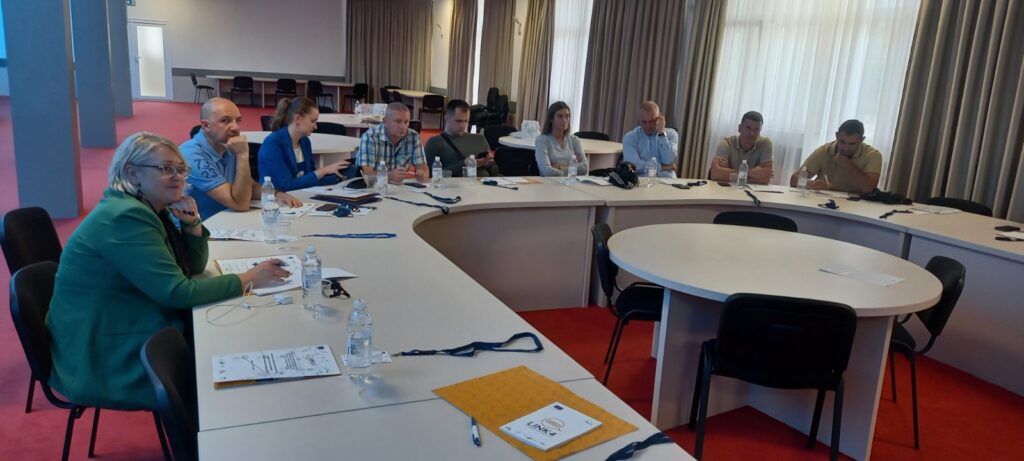
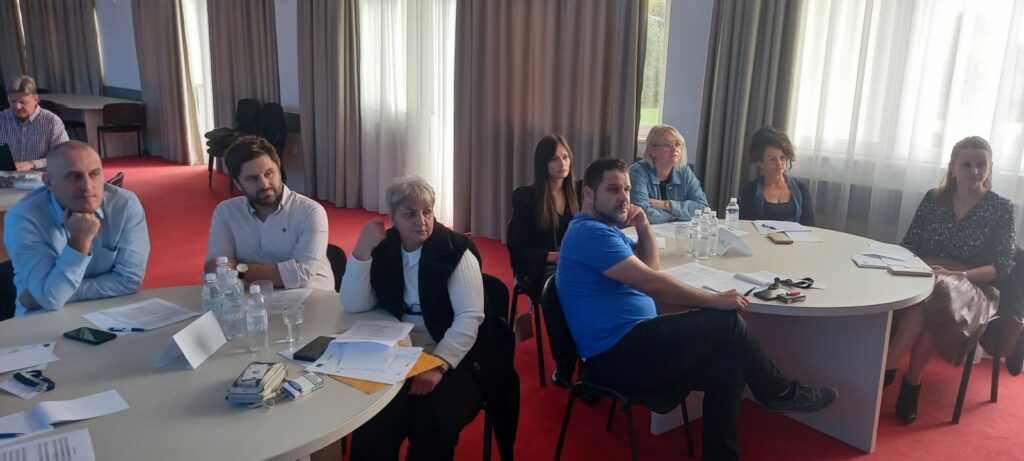
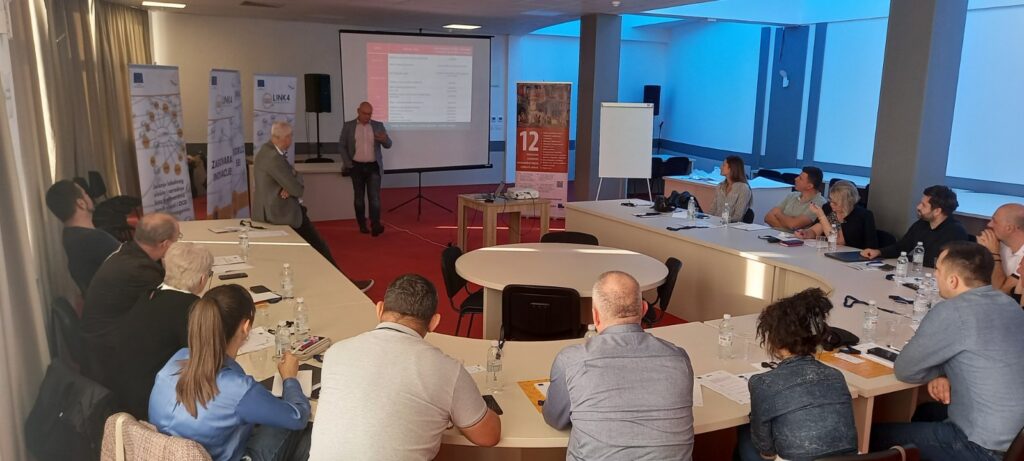
This education relies the process of self-assessment based on the 12 principles of good democratic governance according to the ELoGE (European Label of Governance Excellence) of the Council of Europe, conducted in 12 cities/municipalities of Bosnia and Herzegovina, through which the specific problems faced by local governments were identified. The ELoGE process was later on followed by the Leadership Academy Program (LAP). This education was focused precisely on these problems so that the participants were given the knowledge and skills necessary to overcome them more easily. The aim of the training was to present participative solutions for the problems of local governments, such as: development of ideas and solutions for economic development processes – including women and youth; common solutions for environmental challenges (waste management, waste facilities, recycling and circular economy); raising citizens’ awareness of environmental issues and increasing their responsibility; solutions for critical neighborhoods with security issues and difficult integration of different communities; support for social integration and the inclusion of more vulnerable groups/groups of people (unemployed people aged 18 to 30, people with disabilities, etc.).
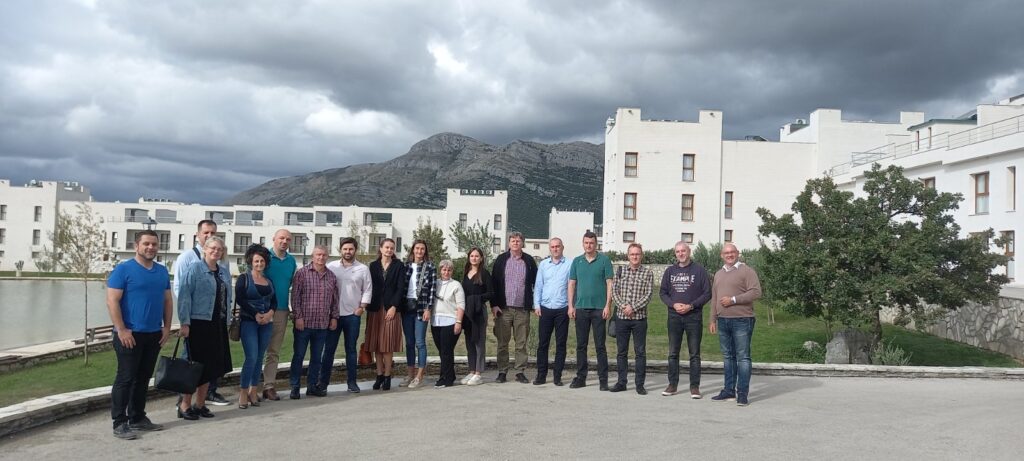
Stefan Muratović, President of the Berkovići Municipality Assembly
“The past 4 days have been extremely useful for understanding the needs and requirements of donors. The emphasis was not on the project planning itself, but on some details that are important for donors, and which bring us a positive evaluation. The educators explained in a very clear way what it is, what we need to pay attention to when applying for a project and what are the most common mistakes that lead to project rejections. I think that these kinds of activities strengthen the capacities of local government units, and at the same time connect representatives of different municipalities and create preconditions for potential inter-municipal cooperation in some future projects.”
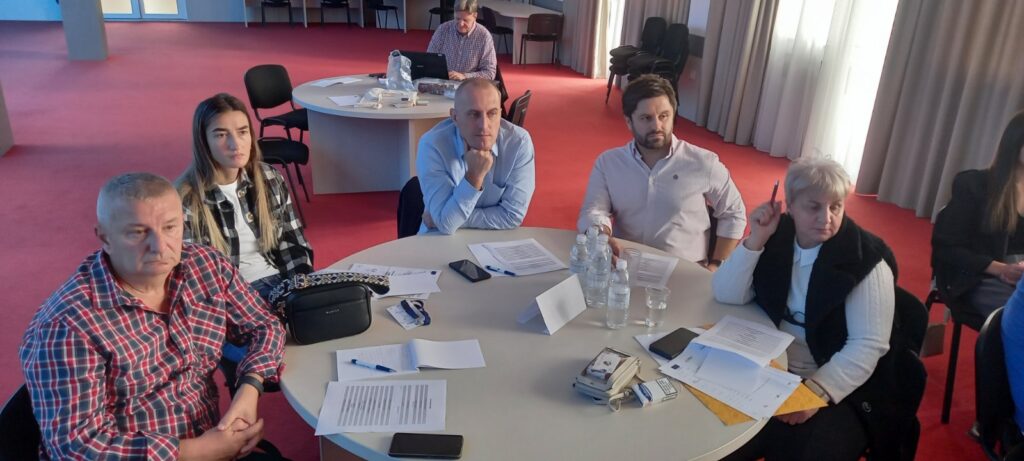
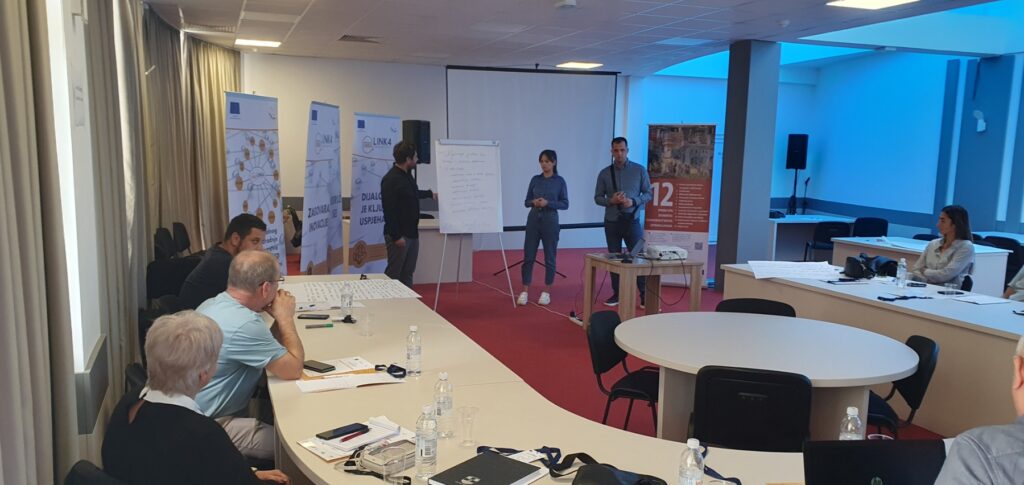
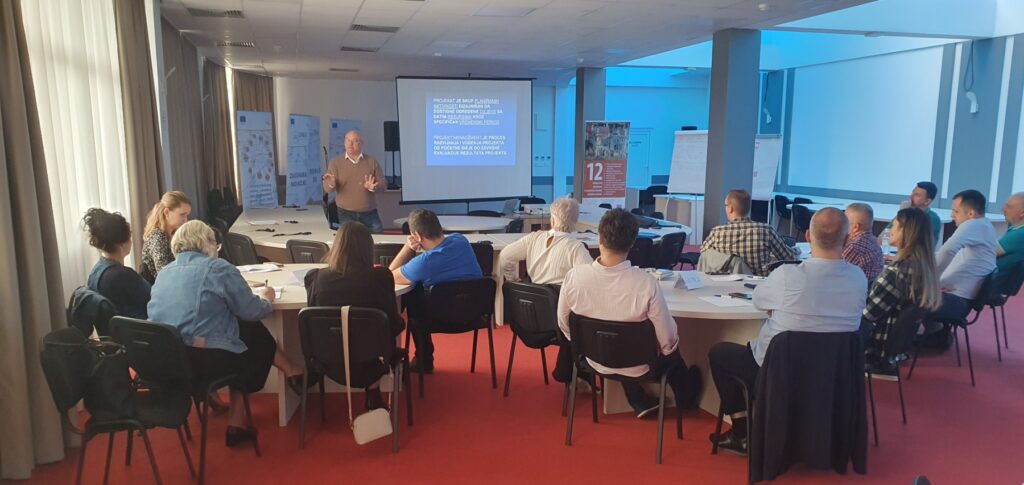
The training was conducted by Ilija Trninić, an expert in the field of international cooperation, political education and civil society development, and Luciano Kaluža, an expert in project management, making strategic plans and fundraising.
Ilija Trninić and Luciano Kaluža, coaches
“These types of training are of great importance for representatives of local self-government units. This contributes to better and more efficient cooperation between the government sector and civil society organizations. This confirms the high level of interest and active participation of the participants in this training,” said Ilija Trninić after the training. Luciano Kaluža, on this occasion, pointed out: “Open discussion, workshop work and approach, and the exchange of experiences and knowledge enable such types of training and mentoring to include professionals with a high degree of experience who acquire new knowledge and improve their competences.” Let’s not forget that local communities are the most important instances in providing services to citizens and as such deserve special attention in capacity development.”
“LINK 4 Cooperation” project aims to strengthen the capacity of local authorities and civil society organizations in conducting participatory processes in order to jointly identify specific problems of communities and, thanks to a participatory approach, find the best solutions. The project consortium consists of the Local Democracy Agency (LDA) Mostar, the Local Democracy Agency (LDA) Zavidovici, the Local Democracy Agency (LDA) Prijedor, the Center for the Development of Herzegovina (CRH), the European Association for Local Democracy (ALDA), and associate partner ALDA Skopje. Implementation began on January 1, 2021 and will last until December 31, 2023. Project value is over 540,000 euros, of which the European Union provided over 490,000 euros in grants.

